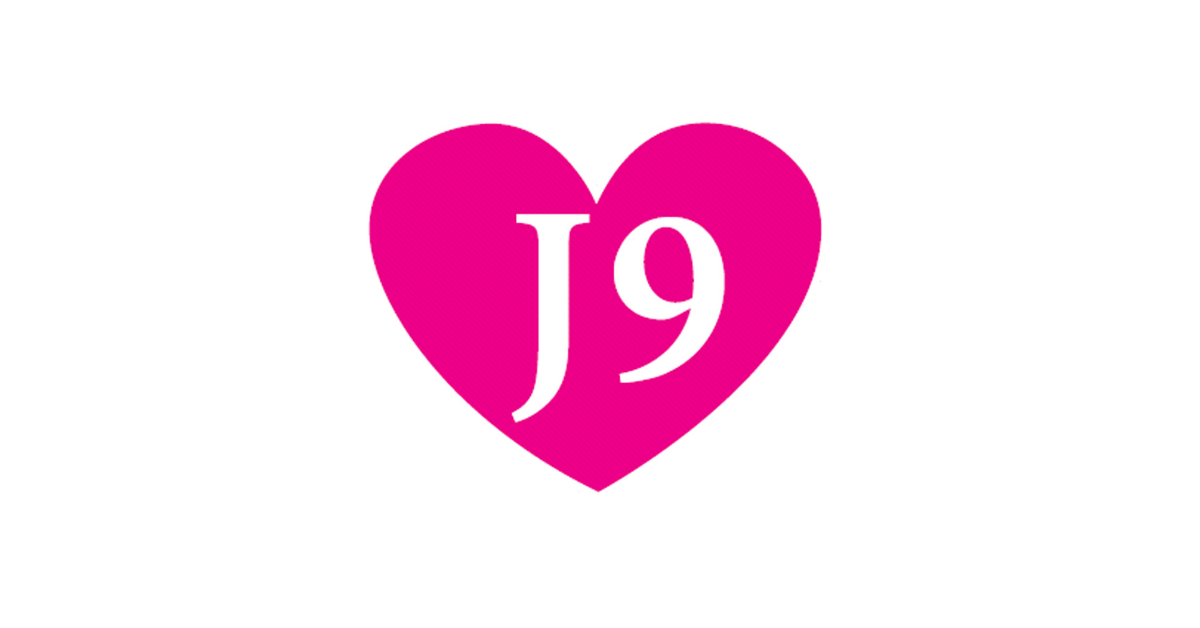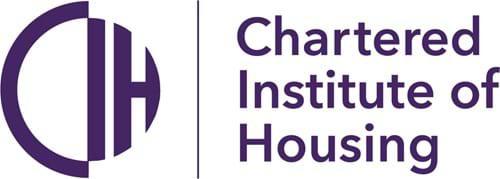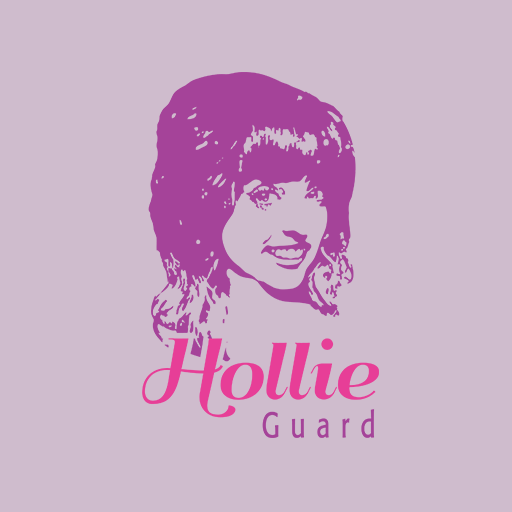-

Domestic Abuse
Domestic abuse can happen to anyone.
If you are experiencing domestic abuse, Eastlight will act quickly, effectively and sympathetically to help you.
You can contact us by phone, email or report domestic abuse in-person by coming into our Braintree office.
Click the button below to get in touch.
Click the button below if you need to quickly navigate away from this website.
If you answer 'yes' to any of the questions below, you may be in an abusive relationship. Remember, there is help available, so please reach out. No one should live in fear of the person they love.
Do you:
- Feel afraid of your partner much of the time?
- Avoid certain topics out of fear of angering your partner?
- Feel you can’t do anything right for your partner?
- Believe that you deserve to be hurt or mistreated?
- Wonder if you’re the one who is crazy?
- Feel emotionally numb or helpless?
Does your partner:
- Humiliate or yell at you?
- Criticise you and put you down?
- Treat you so badly that you’re embarrassed for your friends or family to see?
- Ignore or put down your opinions or accomplishments?
- Blame you for their abusive behaviour?
- See you as property or a sex object, rather than a person?
- Have a bad and unpredictable temper?
- Hurt you, or threaten to hurt or kill you?
- Threaten to take your children away or harm them?
- Threaten to commit suicide if you leave?
- Force you to have sex?
- Destroy your belongings?
- Act excessively jealous and possessive?
- Control where you go or what you do?
- Keep you from seeing your friends or family?
- Limit your access to money, the phone, or the car?
- Constantly check up on you?
If you answered 'yes' to any of the questions above, this is abuse. Remember, there is always help available, so please reach out and we will support you.
We acknowledge that domestic abuse can be a terrible and uncertain experience. That's why we always promise to:
- Offer you support through your Neighbourhood Lead and our Intensive Housing Support Team
- Provide emotional support and practical help and advice
- Be sensitive and understanding when we discuss your housing options
- Work with councils, police and other organisations to ensure you have support when you need it
- React quickly and effectively to make sure you are safe
- Take action against those who are responsible for domestic abuse throughout their Tenancy Agreement, if you agree.
Some things you can do:
- Report domestic abuse to us by calling 0330 128 0330 or completing our online form here. We will respond to your report within 24 hours. We will not leave a voicemail, respond by text or discuss your case with anyone else answering your phone.
- Contact COMPASS – a charity supporting male and female victims of domestic abuse across Essex.
- Call the National Domestic Abuse Helpline on 0808 2000 247. This line is a free service and available 24/7. They also offer a live online chat service.
- Call the police on 999 if there is any immediate danger, or visit a police station. If you’re calling from a mobile phone but are unable to speak, press ‘55’ when asked what type of service you require, then stay on the line.
To find out about many of the domestic abuse and stalking charities who offer a range of support, click here.
We will never inform the person responsible that we have spoken to you.
Your safety is our main priority. We will also not take any action against this person without consulting you first.
If you cannot get into your home or are afraid to stay there, we can help you.
Eastlight can give you housing advice and make referrals into specialist domestic abuse services to help identify possible housing options for you – such as finding you another social housing property, applying to the local authority housing register or appropriately moving you into a refuge.
Our staff will listen to you and give you advice while working with the police to offer support.
We recognise that housing is one of the main reasons why survivors do not leave abusive homes.
If you are experiencing domestic abuse and want to stay in your current home, we can support you with practical measures called sanctuary works.
Following an assessment for the works, adaptations may be made to your home to make you feel safer. These include fitting extra locks to your home and making doors more secure.
If you want to be completely sure of not being tracked online, use a computer at a local library, an internet café, a friend’s house or at work.
You can also delete your browser history which will remove the history of the pages you’ve visited. Here’s advice on how to delete your browser history
Click the button below if you need to quickly navigate away from this website.
Resources
There are a number of agencies who can work with survivors or perpetrators of domestic abuse.
We can help refer you to these organisations. If you'd like to be referred, please contact us.
These include:
Do you know about Clare's Law?
The Domestic Violence Disclosure Scheme (DVDS), also known as Clare's Law, allows the Police to tell you about a partner's or ex-partner's previous abusive or violent offending. The law gives you the 'Right to Ask' about a partner's past, and the 'Right to Know' if your safety could be at risk.
Click the button below if you need to quickly navigate away from this website.
Support for perpetrators
If you want to change your behaviour, our colleagues can help to refer you to non-judgemental support.
We work closely with The Change Project to support perpetrators of domestic abuse who are committed to addressing and transforming their behaviour. This includes support sessions where you can learn how to change your behaviour and actions to prevent domestic abuse.
Click the buttons below to access further support.
Click the button below if you need to quickly navigate away from this website.
-

J9
We are a part of the J9 initiative which means that our Braintree office is a safe space for you to get support and advice.
You can also find out more information, use a telephone and get access the help you need through Eastlight and other external services.
-

Make a Stand Campaign
We’ve seen all too often the devastation abusers cause and the support social landlords should offer to victims. That’s why we have joined hundreds of other UK housing associations by signing up to the Chartered Institute of Housing’s ‘Make a Stand’ campaign.
Common misconceptions about domestic abuse
There are a number of misconceptions surrounding domestic abuse which are simply untrue.
With huge thanks to Women's Aid, you can read the truth below:
Reality: Domestic abuse is very common. On average, a woman is killed by her male partner or former partner every four days in the UK, England and Wales. Domestic abuse has a higher rate of repeat victimisation than any other crime, and on average, the police receive over 100 emergency calls relating to domestic abuse every hour.
There are no reliable prevalence data on domestic abuse but the Crime Survey of England and Wales (CSEW) offers the best data available. According to them, an estimated 2.4 million adults experienced domestic abuse in the year ending March 2022. This is approximately every 5 in 10 adults.
Reality: Women stay in abusive relationships for many different reasons, and it can be very difficult for a woman to leave an abusive partner – even if she wants to. Like any other relationship, one that ends in abuse began with falling in love and being in love. Abuse rarely starts at the beginning of a relationship, but when it is established, it is often harder to leave.
A woman may still be in love with her partner and believe him when he says he is sorry and it won’t happen again; she may be frightened for her life or for the safety of her children if she leaves; she may have nowhere to go; she may have no financial independence. Abusers often isolate their partners from family and friends in order to control them, making it even more difficult for an abused woman to exit the relationship.
Women in abusive relationships need support and understanding – not judgement.
Reality: This misconception is widespread and deep-rooted. It is often based on the belief that the man is the head of the family and that his role is to punish his partner or children if they act in a way he doesn’t approve of.
This is dangerous because any reference to ‘provocation’ means that we are blaming the woman and relieving the abuser of responsibility for his actions.
Abuse or violence of any kind is never the victim’s fault. Responsibility always lies with the perpetrator and with him alone.
Reality: False allegations about domestic abuse are extremely rare. The Crown Prosecution Service released the first ever study of this in 2013 and concluded that false allegations are even more infrequent than previously thought. In the 17-month period that the study examined, there were 111,891 prosecutions for domestic violence and only six prosecutions for making false allegations.
This myth is extremely damaging because the fear of being called a liar can and does deter women from reporting the abuse they have experienced. Keir Starmer, Director of Public Prosecutions at the time the report was released, writes about it here.
Reality: Domestic abuse is prevalent throughout society, and it is not uncommon for a woman to experience abuse in more than one relationship. To suggest that some women are particularly attracted to abusive men is victim-blaming.
A perpetrator of domestic abuse can be charming and charismatic when he first meets a new partner, and often no one, let alone the woman he has just met, would suspect he would ever be abusive in a relationship.
Reality: In the vast majority of cases, domestic abuse is experienced by women and perpetrated by men. A woman is killed by her male partner or former partner every four days in the UK, England and Wales. It is a gendered crime which is deeply rooted in the societal inequality between women and men.
Women are more likely than men to experience multiple incidents of abuse, different types of domestic abuse and sexual violence particularly.
Domestic abuse exists as part of the wider spectrum of violence against women and girls, which also includes different forms of family violence, such as forced marriage, female genital mutilation and so-called “honour crimes” that are perpetrated primarily by family members.
For more information on the facts and figures around domestic abuse, click here.
Reality: In fact, the opposite is true. Women are far more likely to be assaulted, raped and murdered by men known to them than by strangers.
According to Rape Crisis, only around 10% of rapes are committed by men unknown to the victim. Women are far likelier to be attacked by a man they know and trust.
A woman is killed by her male partner or former partner every four days in the UK, England and Wales.
Reality: Abuse and disagreement are not the same thing. Different opinions are normal and completely acceptable in healthy relationships. Abuse is not a disagreement – it is the use of physical, sexual, emotional or psychological violence or threats in order to govern and control another person’s thinking, opinions, emotions and behaviour.
When abuse is involved, there is no discussion between equals. There is fear of saying or doing the ‘wrong’ thing.
To find out more about the characteristics of domestic abuse, click here.
Reality: Domestic abuse does not always include physical violence. Women’s Aid defines domestic abuse as an incident or pattern of incidents of controlling, coercive, threatening, degrading and violent behaviour, including sexual violence by a partner or ex-partner.
These incidents can include coercive control; psychological and/or emotional abuse; physical abuse; sexual abuse; financial abuse; harassment; stalking; and/or online or digital abuse.
Click here to find out more about coercive control, and here for more on digital abuse.
Reality: Alcohol and drugs can make existing abuse worse or be a catalyst for an attack, but they do not cause domestic abuse.
Many people use alcohol or drugs and do not abuse their partner, so it should never be used to excuse violent or controlling behaviour. The perpetrator alone is responsible for his actions.
Reality: Most consumers of pornography are male, and pornographic material is becoming increasingly explicit, violent and focused on male pleasure. It’s also freely available to anyone online and studies indicate it is how many young people find out about sex.
Pornography contributes to a culture of misogyny, in which women and girls are abused by men for male pleasure. Women are harmed by pornography in two ways: directly, when they are used for the production of pornographic material; and indirectly, through the effects of mainstream availability and consumption of violent pornography.
Reality: An estimated 90% of children whose mothers are abused witness the abuse. The effects are traumatic and long-lasting. When a child witnesses domestic abuse, this is child abuse. Between 40% and 70% of these children are also direct victims of the abuse which is happening at home.
To find out more about children and domestic abuse, join Women's Aid's Child First campaign here.
Reality: Domestic abuse is rarely about losing control, but taking control. Abusive men rarely act spontaneously when angry.
They consciously choose when to abuse their partner; when they are alone and when there are no witnesses (if there is a witness, then usually they are a child). He has control over whom he abuses.
To find out more about the characteristics of domestic abuse, click here.
Reality: There is no research that supports this myth. Abuse and violence are a choice, and there is no excuse for them. Domestic abuse happens throughout every level of society, regardless of health, wealth or status.
Reality: Domestic abuse is prevalent throughout society, and because of this, many people have grown up witnessing domestic abuse. Most of these people will never perpetrate domestic abuse in their own relationships, so it is never an excuse – and some of our most passionate supporters are child survivors of domestic abuse.
Reality: Violence and abuse against women and children incurs high costs for society: hospital treatment, medication, court proceedings, lawyers’ fees, imprisonment – not to mention the psychological and physical impact on those who experience it.
All too often, when women disclose their abuse, no one listens to them and no one asks them what they would like to happen next.
Women’s Aid have launched a new approach for domestic abuse survivors and their children: Change that Lasts. It places the female survivor at the heart and builds responses around her needs and the strengths and resources available to her.
Domestic abuse happens every single day all over the world and affects women of all ages, classes and backgrounds. It is a serious, widespread crime. Despite this, Women’s Aid and other organisations are still campaigning to ensure that survivors’ voices are heard. When they describe domestic abuse as a ‘private family matter’, they minimise, condone and permit it.







